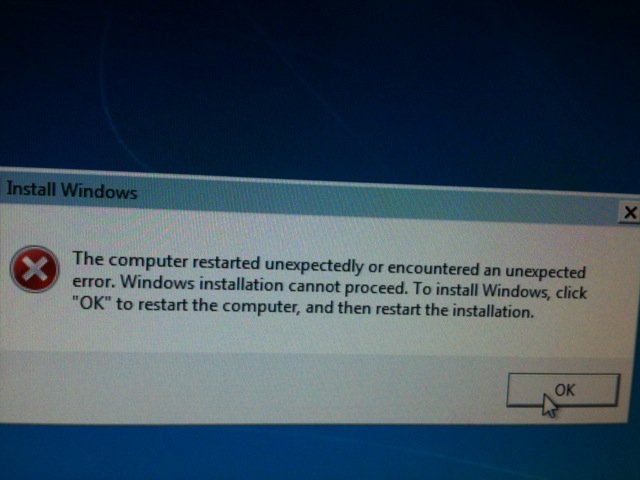You said he could use ANY disk for his install. I pointed out that is not true. He has to use an OEM specific disk.
You might be correct there concerning some machines, but I have never that kind of problem. After completely wiping the hard drive, I have used a standard Win7 installation disk to completely replace whatever had previously been on my Acer 5517 notebook. I had to go looking for certain hardware-specific drivers, of course, and I did get those by downloading them from Acer. However, the OS installed just fine from nothing but a standard Windows disk.
You cant use [just] any disk, you must use an OEM specific disk.
That might be your own personal experience, but it has never been mine.
He doesnt have a Dell so all your talk about Dell disks is serving no purpose.
Unless his HP is completely different, the principles are the same.
... if he ... borrowed a Dell OEM disk he could just install ...
It won't generate a key for him that will activate.
True, but his own key will work just fine as long as the version of Windows being installed matches the key he would use from the sticker on his machine ... and again, I say that is true unless HP does something totally different than I have ever before seen.
Where did i say that Dell Software is anything to do with Windows?
I had not said you did. I was merely trying to be sure we were talking about installation disks rather than any kind of restoration disk.
... a Dell Disk will include things like the Dell Support links ...
Not from the Windows installation disk. For at least every machine I have ever done, that kind of stuff only comes from the additional Dell-or-whatever disks I almost never use anyway.
Use OEM with OEM and Retail with Retail.
At least in certain cases, OEM disks are better ... and that began as far back, at least, as with Windows 95 OEM disks having USB support.
I dont know or understand why your arguing when all i did was point out that your statement saying he could use any disk was incorrect.
Because in my own experience, that statement is incorrect.
You havent come across any issues using an OEM disk on any machine, well congrats.
I thank you.
All machines come with Recovery Partitions that you either can boot to or burn your own personal media from.
I do not have any of those on my own machines.
It has not been my intent to give you any kind of hard time here. I just think people have a right to know they do not have to be mere subjects of computer manufacturers and Microsoft if they would prefer to have more control over their own computers ... and especially since they are likely to get no help from either after a warranty period has expired ... and I would bet each of us could tell some horror stories there. In my own opinion, planned obsolence is a rip-'em-all-off travesty.

